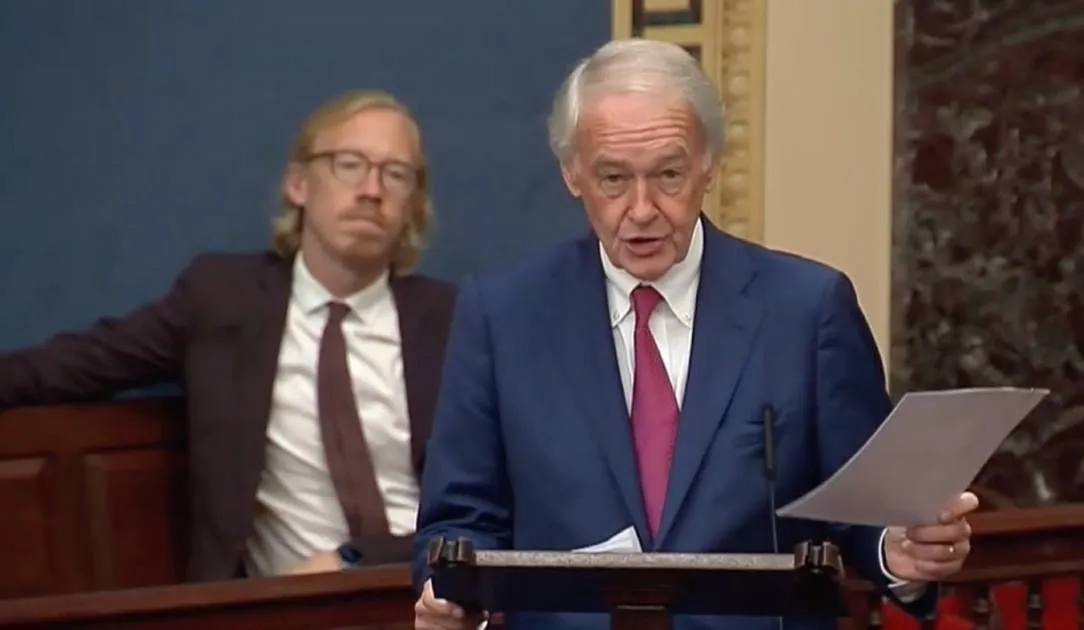Summary: The U.S. Senate has passed the Kids Online Safety and Privacy Act (KOPSA), which enhances online privacy protections for children under 17 by banning targeted advertising and requiring parental consent for data collection. This legislation combines two significant bills aimed at improving child safety online, but its future in the House of Representatives remains uncertain.
Threat Actor: Big Tech Companies | Big Tech Companies
Victim: Children and Teens | Children and Teens
Key Point :
- The KOPSA prohibits targeted advertising to children and teens under 17 and mandates consent for data collection.
- COPPA 2.0 updates previous legislation to enhance privacy protections and allows for easier deletion of personal information.
- The Kids’ Online Safety Act (KOSA) has faced criticism for potentially infringing on teenagers’ First Amendment rights by limiting online content access.
- Supporters of the bill argue it is a necessary step to combat harmful online practices that affect children’s mental health.
- Opposition from civil liberties groups highlights concerns over government censorship and the impact on educational resources.

The U.S. Senate on Tuesday overwhelmingly passed legislation which significantly broadens online privacy and safety protections for children under age 17 by banning companies from targeting advertising to them, requiring consent for the collection of their data and limiting teens’ exposure to harmful online content.
The Kids Online Safety and Privacy Act (KOPSA), which combines two separate children’s online safety and privacy bills into one package and is the most significant child online safety bill to pass a Congressional chamber in decades, now heads to the House of Representatives.
One of the two merged bills, known as the Children and Teens’ Online Privacy Protection Act (COPPA 2.0), has strong privacy implications and updates legislation originally passed more than 20 years ago. That bill required parental sign-off for websites collecting or using data from kids under 13 years old.
Even as COPPA 2.0’s original co-sponsors Sens. Ed Markey (D-MA) and John Cassidy (R-LA) celebrated the bill’s success, the fact remains that House passage during this Congressional term is unlikely. Congress is only in session for six more weeks, and a prominent House leader has said some key members have concerns about the suite of bills.
The other bill merged into KOPSA, known as the Kids’ Online Safety Act (KOSA), creates what is known as a duty of care for websites to better protect children from harmful content and gives parents more control over what their children see online.
But it is COPPA 2.0 that most aggressively aims to protect children’s privacy online.
In addition to prohibiting targeted advertising to children and teens under age 17 and requiring their consent for data collection, it also allows children and teens to easily delete their personal information and creates data minimization rules to limit how much information can be collected from them to begin with.
COPPA 2.0 was supported by a broad coalition of organizations, including the American Academy of Pediatrics, American Federation of Teachers, American Psychological Association and Common Sense Media.
“The Senate has sent a clear message that Big Tech’s days of targeting and tracking kids and teenagers online are over,” bill sponsors Markey and Cassidy said in a joint statement.
“Enough with harmful targeted advertising. Enough with collecting deeply personal information on young people … Enough with leaving teens and parents powerless to delete a mistaken social media post. Enough with lining Big Tech’s pockets at the expense of our young people.”
The KOPSA bill has divided civil liberties groups and children’s safety and privacy advocates, but opponents have focused their ire much more intensely on KOSA, which the American Civil Liberties Union says violates teenagers’ First Amendment rights by pushing social media platforms to censor content and limiting what they can find online.
“KOSA compounds nationwide attacks on young peoples’ right to learn and access information, on and offline,” Jenna Leventoff, senior policy counsel at the ACLU, said in a statement.
“As state legislatures and school boards across the country impose book bans and classroom censorship laws, the last thing students and parents need is another act of government censorship deciding which educational resources are appropriate for their families.”
Meanwhile, Common Sense Media and Fairplay, which advocate for child safety and have spent months bringing families who have lost children due to online harms to Washington to meet with lawmakers, were effusive.
“Today, an overwhelming bipartisan majority of US Senators said that Big Tech must stop the unconscionable business practices and design choices that have fueled a mental health crisis and cost the lives of countless children around the country,” Fairplay Executive Director Josh Golin said in a statement.
The mother of a 16-year-old boy who killed himself after months of online bullying in 2016 also hailed the bill’s passage.
“Today’s Senate vote marks a historic and emotional milestone for myself and for all parents who have fought tirelessly to protect our children from the dangerous environments created by Big Tech,” Maurine Molak, who founded an advocacy organization honoring her son and fighting online bullying, said in a statement.
Recorded Future
Intelligence Cloud.
Source: https://therecord.media/senate-passes-landmark-bill-children